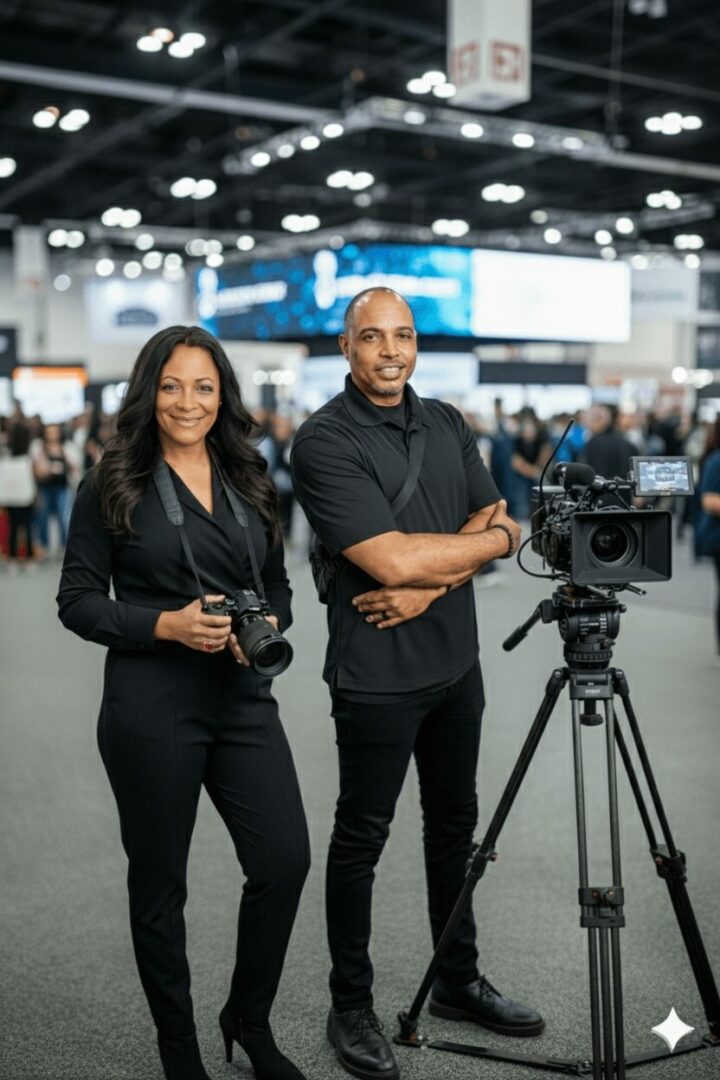Shawn King shared their story and experiences with us recently and you can find our conversation below.
Good morning Shawn, we’re so happy to have you here with us and we’d love to explore your story and how you think about life and legacy and so much more. So let’s start with a question we often ask: What are you being called to do now, that you may have been afraid of before?
Based on our journey, we’re being called to fully embrace our identity as Las Vegas’s premier trade show storytelling experts—something we’ve been afraid to commit to because we thought limiting ourselves to trade shows would shrink our opportunities.
But we’ve realized that our unique positioning at the heart of America’s trade show capital, combined with our deep understanding of how to transform live event moments into year-round marketing assets, is actually our greatest competitive advantage. Instead of being “another video production company,” we’re being called to own our space as the go-to specialists who help exhibitors turn booth buzz into measurable business results—and that focused expertise is what will set us apart in a crowded market.
Can you briefly introduce yourself and share what makes you or your brand unique?
We’re Shawn and Roberta King, the husband-and-wife team behind The King’s Touch Creative, and we’ve spent the last few years transforming from corporate burnout survivors into Las Vegas’s premier trade show storytelling experts. After 15+ years in IT and banking and 20 years of marriage, we made the leap from corporate safety nets to chase our passion for authentic visual storytelling—and discovered our true calling at the intersection of Vegas’s massive trade show industry and the desperate need for genuine, trust-building content.
What makes us unique is that we don’t just capture trade show moments—we engineer content ecosystems that turn one powerful shoot into months of lead-generating marketing across every platform. We’ve worked with everyone from NFL and Walmart to emerging local businesses, but our real superpower is understanding that in a world of digital fatigue, authenticity isn’t the opposite of profitability—it’s the path to it. Based right here in the trade show capital of America, we’re on a mission to prove that when businesses lead with trust and genuine connection instead of just flashy sales pitches, they see up to 80% more engagement and create lasting relationships that go far beyond the event floor.
Great, so let’s dive into your journey a bit more. What was your earliest memory of feeling powerful?
Looking back, our earliest memory of feeling truly powerful wasn’t in our corporate careers despite all the traditional markers of success—it was that pivotal moment when we made the decision to walk away from 15+ years of financial security and bet everything on ourselves.
There’s something incredibly powerful about sitting across from your spouse after another soul-crushing workday and having the courage to say “we aren’t alive” and then actually doing something about it. That moment when we chose authenticity over safety, when we decided to trust our vision of transforming how businesses connect with their audiences—that’s when we first felt the real power that comes from aligning your life with your purpose rather than just your paycheck.
It wasn’t the power that comes from climbing corporate ladders or managing big budgets; it was the power that comes from finally being brave enough to become who we were meant to be.
Was there ever a time you almost gave up?
While our blog focuses on the triumph of our transformation, the honest truth is that leaving 15+ years of corporate security to chase a creative dream in one of the most competitive cities in America wasn’t without its dark moments.
There were definitely times—especially in those early days when we were still figuring out how to translate our corporate experience into creative success—when the safety of our old IT and banking careers looked incredibly appealing compared to the uncertainty of building something from scratch. The moment that tested us most was probably when we realized we couldn’t just be “another video production company” and had to find the courage to niche down to trade shows, even though it felt like we were limiting our opportunities rather than expanding them.
But what kept us going was our mission to bring authenticity back to business storytelling—we knew we were onto something powerful when we saw how desperately companies needed what we could offer, and that sense of purpose pulled us through the moments when fear whispered that we should go back to the corporate world where success was predictable.
Next, maybe we can discuss some of your foundational philosophies and views? What are the biggest lies your industry tells itself?
The biggest lies our industry tells itself are rooted in old-school thinking that’s completely disconnected from what actually drives business results.
The first massive lie is that “pretty videos are enough”—our industry is obsessed with technical perfection and visual aesthetics while completely ignoring whether the content actually builds trust or generates leads. We see videographers charging premium prices for gorgeous footage that sits on websites doing absolutely nothing for the bottom line.
The second lie is that “one-size-fits-all content works”—most video producers treat every client the same way, completely missing that a Fortune 500 company needs different storytelling than a startup, and that trade show content should function differently than corporate training videos.
But the most damaging lie is that “businesses just want cheap and fast”—this industry has trained itself to race to the bottom on price and turnaround time, when what companies actually crave is strategic partnership and content that works as hard as they do. We’ve proven that when you lead with trust-building and authentic storytelling instead of just deliverables, clients will invest in real value over quick fixes every single time.Retry
Okay, so let’s keep going with one more question that means a lot to us: If immortality were real, what would you build?
If we had all the time in the world, we’d build something that goes far beyond even our current mission—we’d create a global movement that fundamentally transforms how human beings connect through business.
We’d build an entire ecosystem where authentic storytelling becomes the standard, not the exception—imagine training centers in every major city teaching entrepreneurs and executives that vulnerability and transparency aren’t weaknesses but superpowers. We’d establish scholarships for emerging storytellers from underserved communities, ensuring that authentic voices have the tools and platforms to reshape corporate narratives.
But our biggest dream would be to create a lasting cultural shift where “profit-driven exchanges” become a relic of the past, replaced by value-driven engagements built on genuine human connection. We’d want to prove, on a massive scale, that when businesses prioritize trust over tactics, when they lead with authenticity over aggressive conversion, entire industries transform—not just their bottom lines, but their impact on the communities they serve.
With immortality, we wouldn’t just be content creators or even trust-builders—we’d become architects of a business world where every interaction honors the humanity in both the seller and the buyer, where every story told brings people closer together rather than driving them apart.
Contact Info:
- Website: https://thekingstouch.com
- Instagram: @thekingstouch
- Linkedin: https://www.linkedin.com/company/the-king’s-touch-productions/
- Youtube: https://www.youtube.com/@thekingstouch
- Other: https://thekingstouch.myportfolio.com/
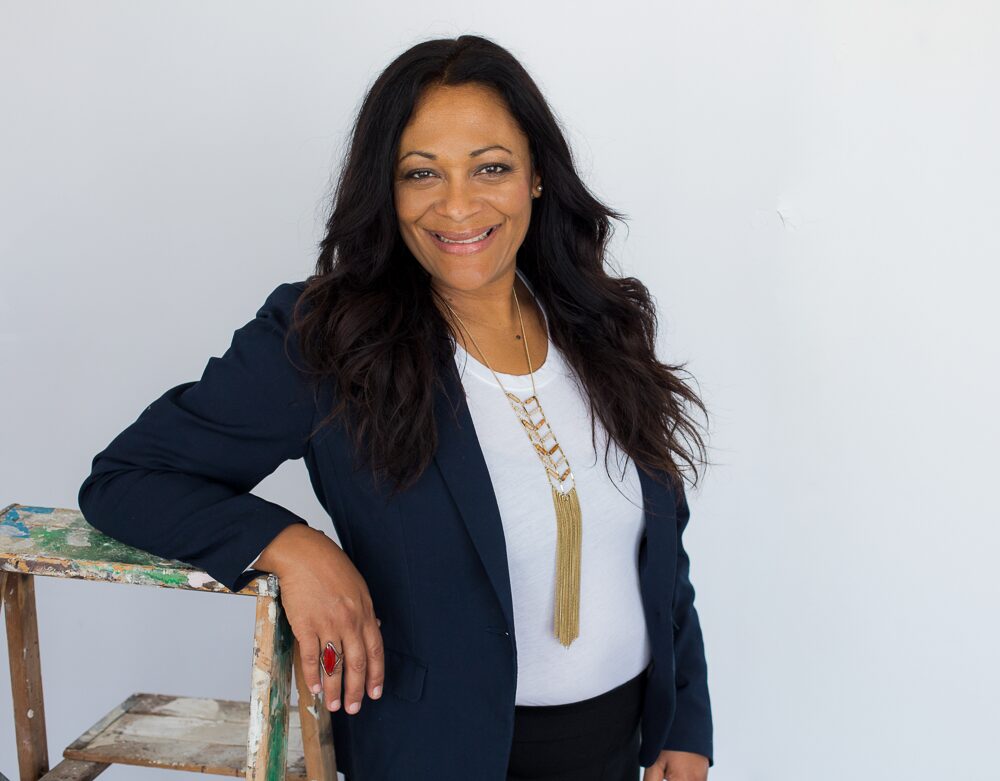
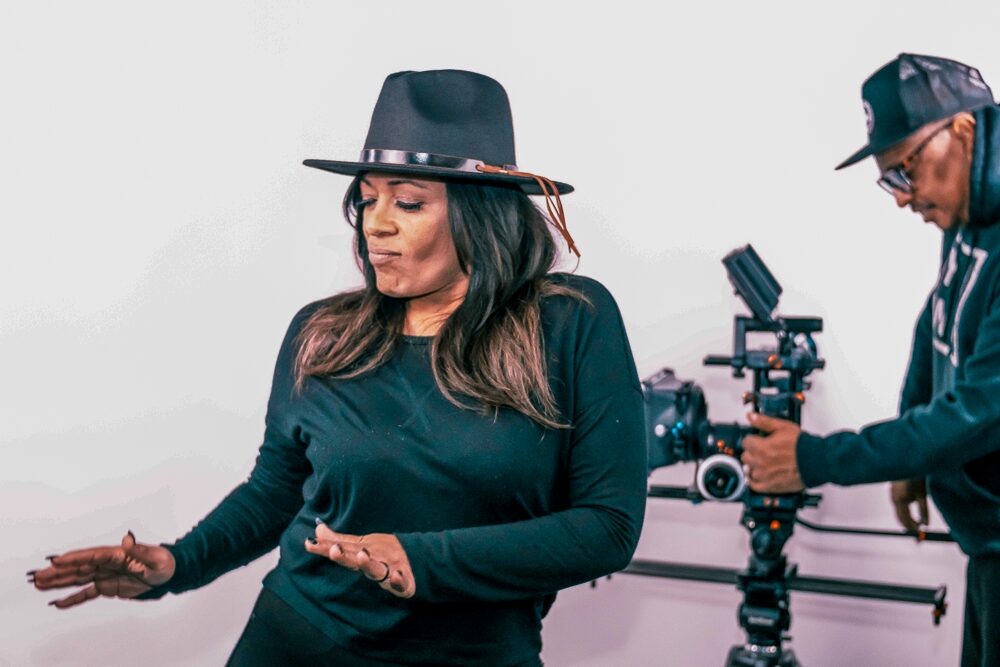
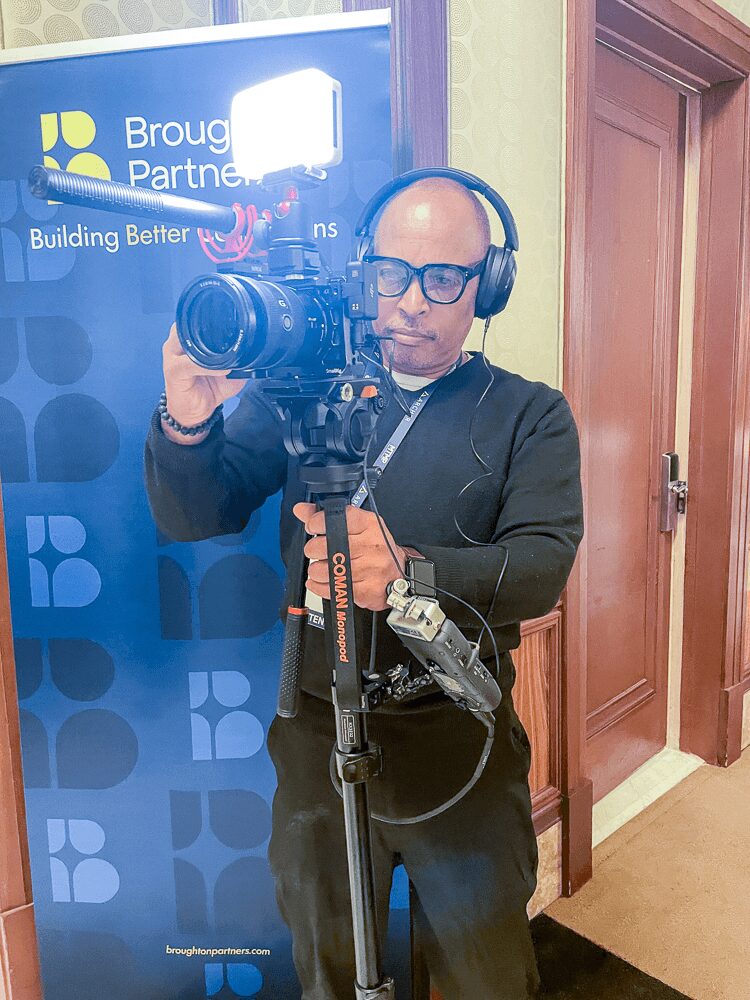
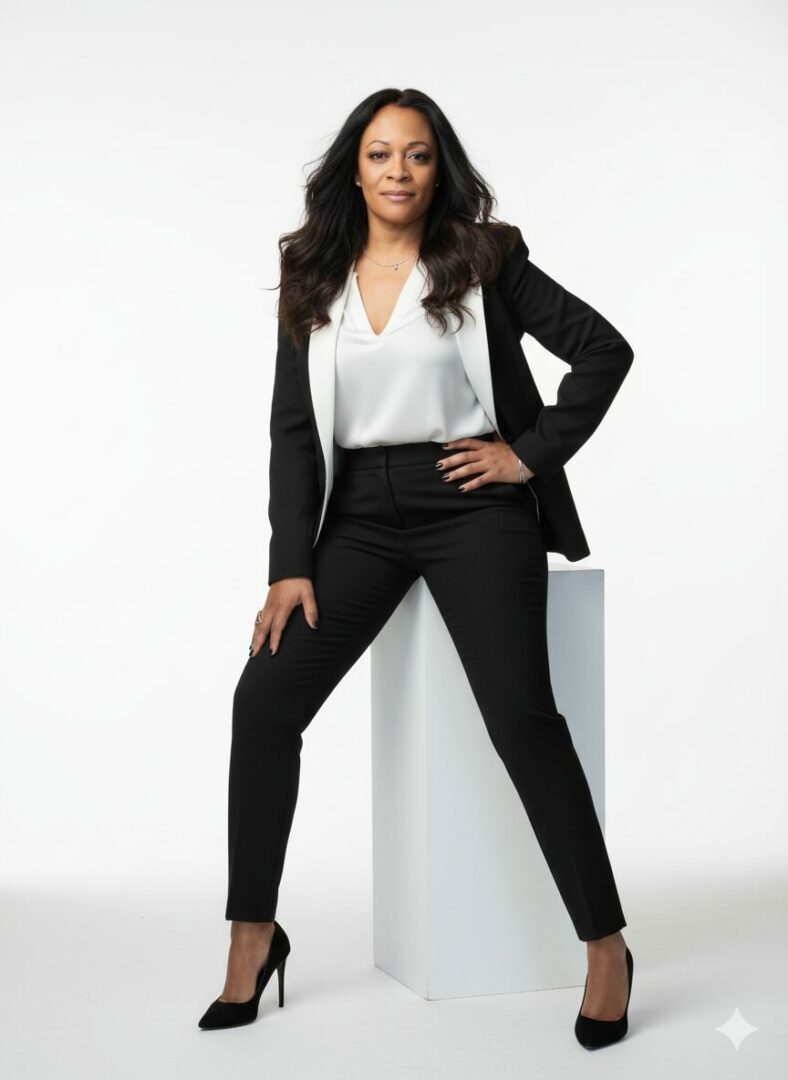
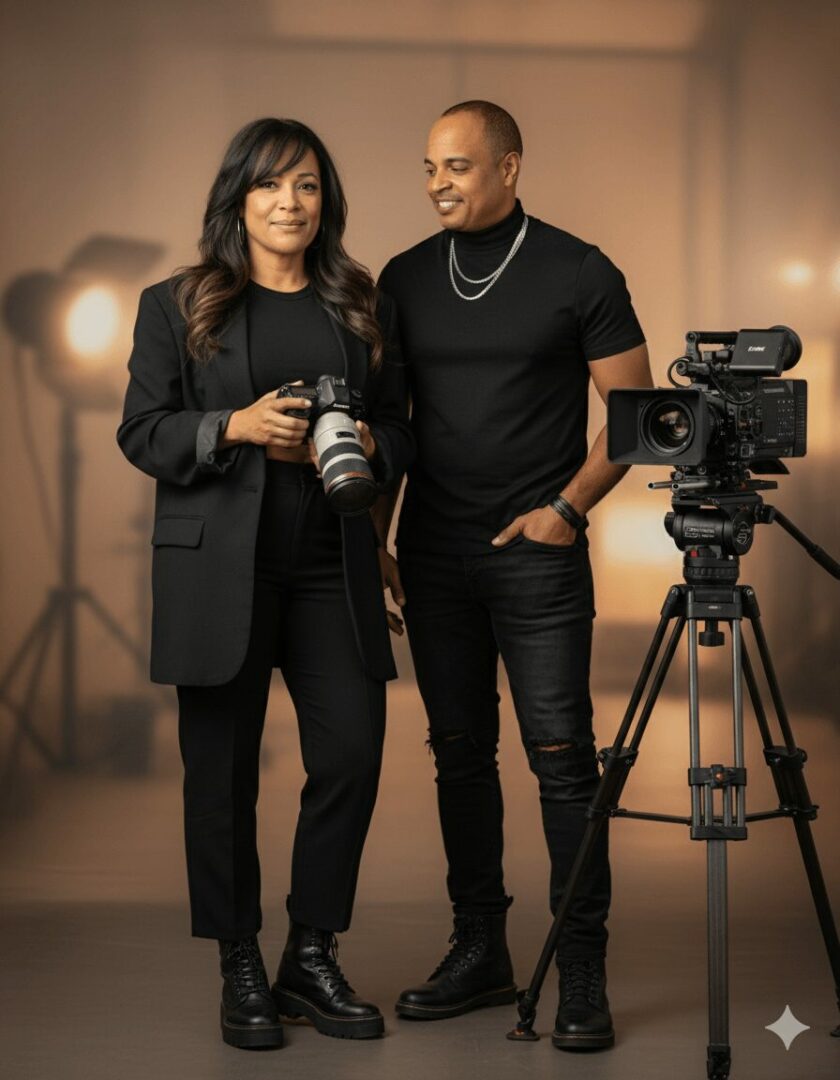
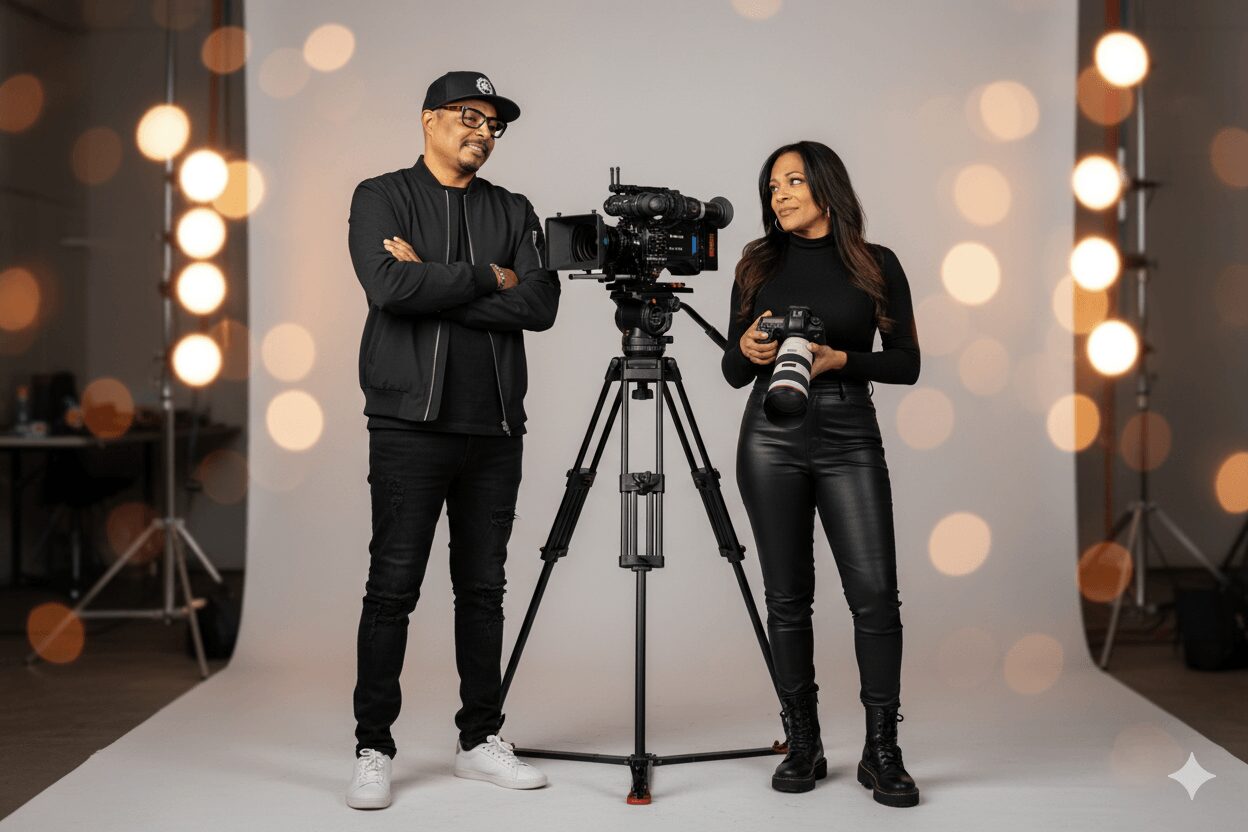
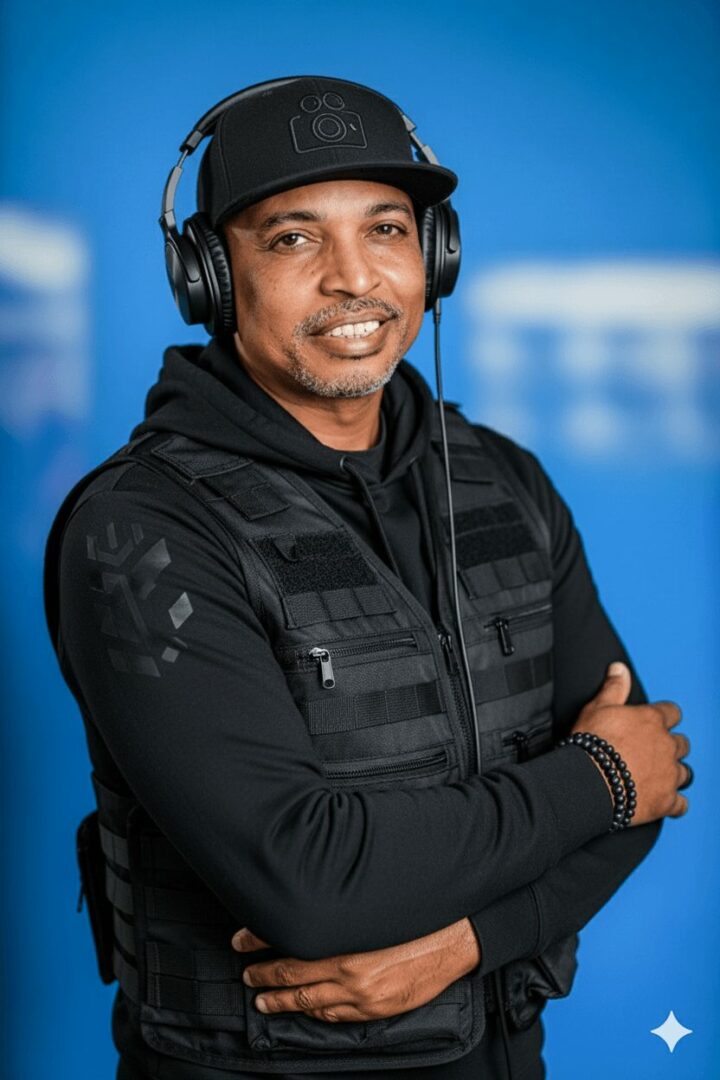
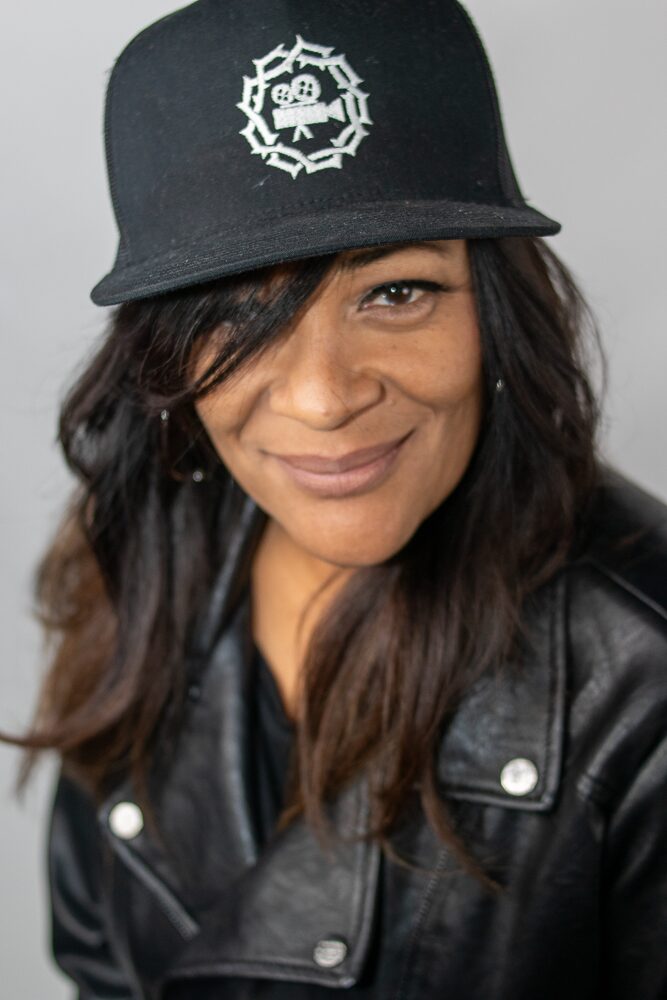
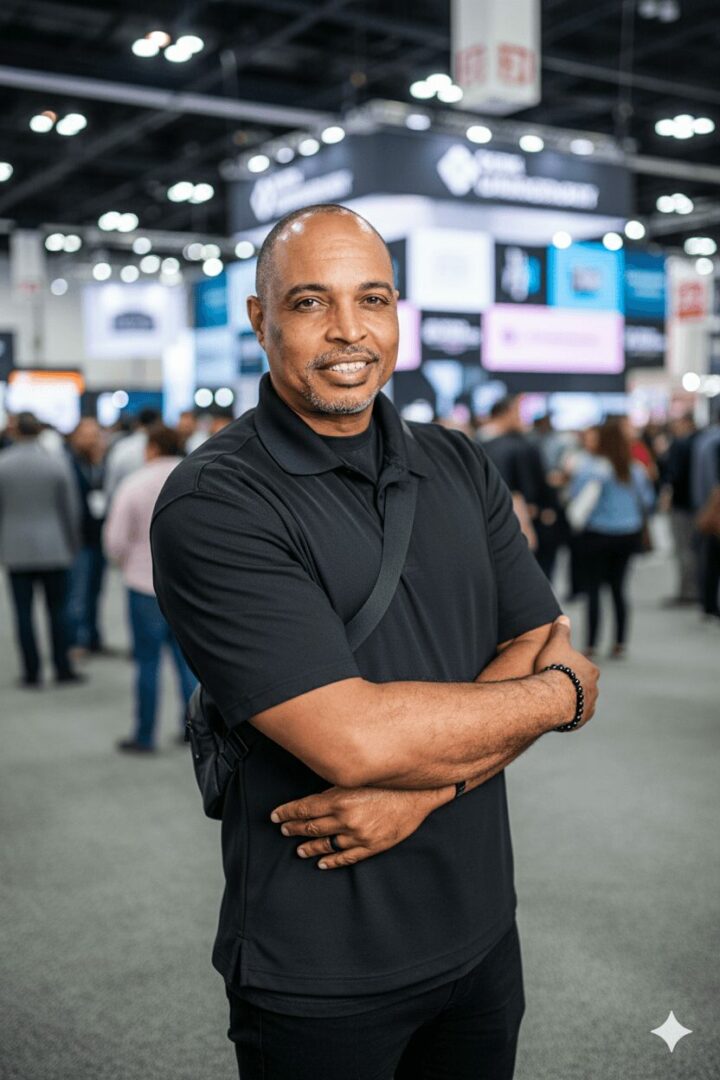
so if you or someone you know deserves recognition please let us know here.

